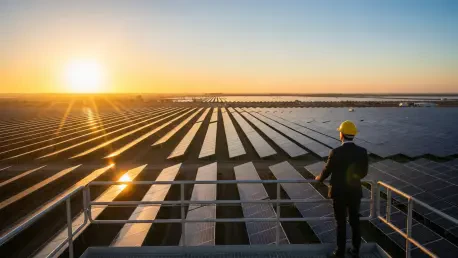
Amid a dynamic and often challenging energy market, Zodiac Energy Limited has demonstrated a remarkable period of accelerated growth and fortification, charting a decisive course forward through a combination of major project acquisitions and significant legal victories. The company’s recent

Chile stands at a perplexing crossroads, celebrated as a global leader in renewable energy generation yet simultaneously forced to discard a significant portion of the clean power it produces. This paradox stems from a critical structural imbalance where the explosive growth of solar and wind

For hundreds of thousands of families across Bihar, the relentless hum of a ceiling fan during the sweltering summer months is a sound of both profound comfort and deep financial anxiety. This daily struggle with high energy costs is the reality for the state's most economically vulnerable, but a

Lingering perceptions from decades past have often overshadowed one of the most significant evolutions in home climate control, leaving many homeowners to rely on outdated information when making crucial decisions about their heating and cooling systems. The truth is that the poorly performing heat

An industrial giant forged in petrochemicals is now undertaking one of the most ambitious pivots in modern energy history, betting its future on the smallest and most abundant element in the universe. Gujarat, a state long synonymous with India's manufacturing and chemical prowess, has unfurled a

The promise of harnessing the sun's power from your own rooftop has long been accompanied by the steep financial barrier of a five-figure upfront investment, placing it out of reach for the average American household. This reality, however, is rapidly changing as the residential solar industry